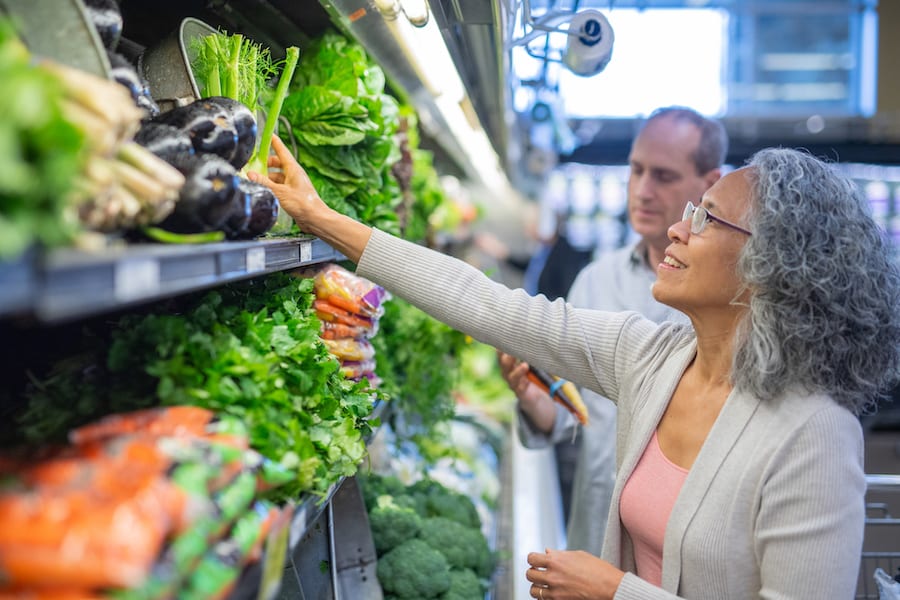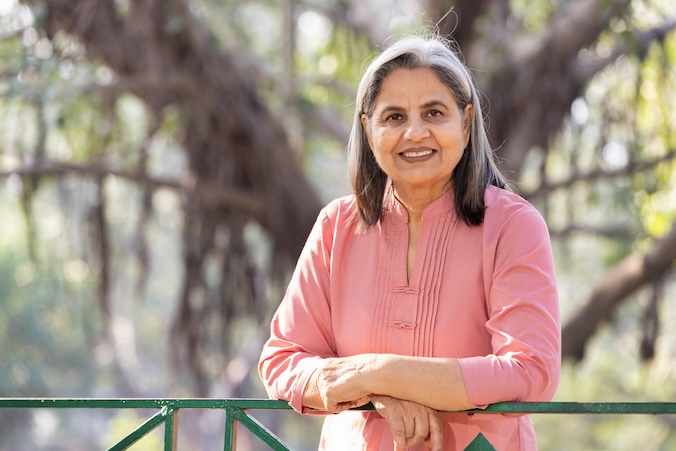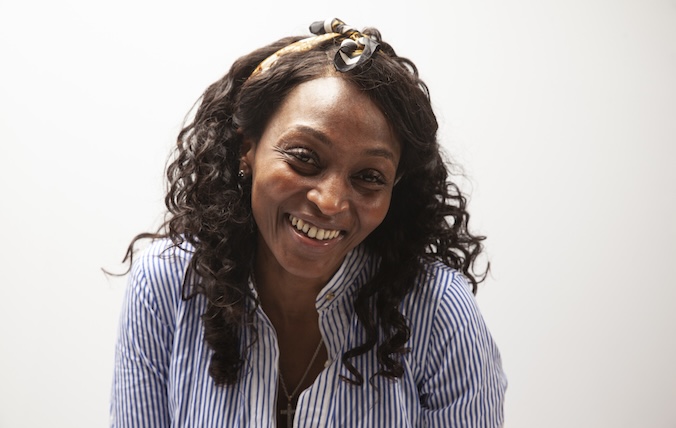Is it possible to reduce your risk of breast cancer?

There is a lot of good news in the treatment of breast cancer and we now know more than ever about ways to prevent the disease. There are some factors that we have no control over such as our family history, being female and getting older.
Studies by Cancer Research UK has shown that certain changes in lifestyle can play a role in reducing your risks. The results are not conclusive, but a healthy lifestyle can play a part in stacking the odds in your favour and may also help to improve survival rates.
Is there a link between diet and breast cancer?
The link between diet and breast cancer is ongoing and although they’re not determined, it is recommended that we follow a healthy diet including vegetables, fruits, nuts, legumes, poultry and fish.
Why green vegetables might help you to fight cancer
Eating green leaf vegetables and brassicas has been associated with a reduction in cancer. Leafy greens are the most nutrient-dense of foods and should be consumed in large amounts. They are rich in antioxidants including phytochemicals. Some leafy greens including kale, Swiss chard, bok choy and other vegetables such as broccoli and Brussel sprouts are part of the cruciferous family. Cruciferous vegetables contain glucosinolates which when eaten are broken down into metabolites. Metabolites are naturally occurring substances that affect metabolism and trigger enzymatic reactions to help to protect cells from damage.
How you cook your leafy vegetables does have an impact on their potency. The cell membranes within the leaves house a powerful enzyme called myrosinase. This enzyme is released while chewing and mixes with the glucosinolates inside the cell to create a reaction to form isothiocyanates (ITC’s) – compounds with cancer fighting properties.
The enzyme catalysing process is diminished when cooking so it is beneficial to chop, blend or puree the vegetables when raw to maximum potency.(1)
Include mushrooms in your diet
Consuming mushrooms daily has been associated with a decrease in certain cancers including breast cancer. One Chinese study showed that women who ate 10gm of mushroom daily, had a 64% decreased risk of breast cancer. Even more protection was gained if the 10gm was combined with drinking green tea daily. An 89% decrease in risk for premenopausal women and 82% for postmenopausal women.
10gm of mushrooms is just one mushroom daily. Please note that these are just studies and not conclusive evidence. (2)(3)(4)
Does drinking alcohol increase my chance of getting breast cancer?
Alcohol is clinically proven to increase our risk of getting breast cancer, even low levels have been associated with a risk in the disease. The maximum recommended is one unit per day.
One reason the risk goes up is that our body treats alcohol as a poison to be removed. While the body is focussing on eliminating alcohol it can’t deal as effectively with general toxins created from daily living.
Try to have alcohol free days throughout the week.
Weight control
Maintaining a healthy weight throughout life is important. If you have been advised to lose weight follow a sustainable weight loss program planning to lose around 2lbs per week.
If you register on our web page you can download our free Re-set program from your personal account. The Re-set program gives you 6 weeks of healthy menus and tips with recipes and shopping lists.
How regular exercise helps to boost immunity and regulate hormone levels.
Women with high levels of oestrogen in their blood have an increased risk of breast cancer. It’s thought that exercise helps to boost the immune system and regulate oestrogen and insulin levels which are both trigger factors. More vigorous activity gives greater benefit than gentle exercise.
Try to find an activity that you enjoy, such as dancing or exercise at lunch time with co-workers.
1.Higdon J, Delage B, Williams D, et al. Cruciferous vegetables and human cancer risk: epidemiologic evidence and mechanistic basis.Pharmacol Res 2007;55:224-236.
2.Hong SA, Kim K, Nam SJ, et al. A case-control study on the dietary intake of mushrooms and breast cancer risk among Korean women. Int J Cancer 2008;122:919-923.
3.Shin A, Kim J, Lim SY, et al. Dietary mushroom intake and the risk of breast cancer based on hormone receptor status. Nutr cancer 2010;62:476-483.
4.Zhang M, Huang J, Xie X, et al. Dietary intakes of mushrooms and green tea combine to reduce the risk of breast cancer in Chinese women. Int J Cancer 2009;124:1404-1408.






